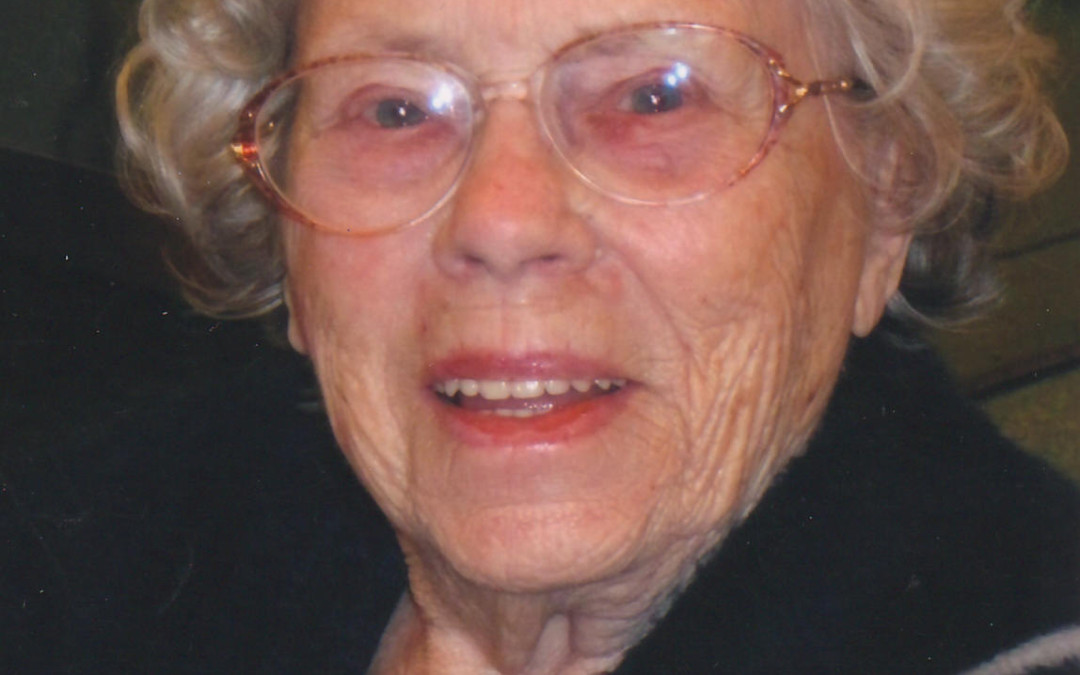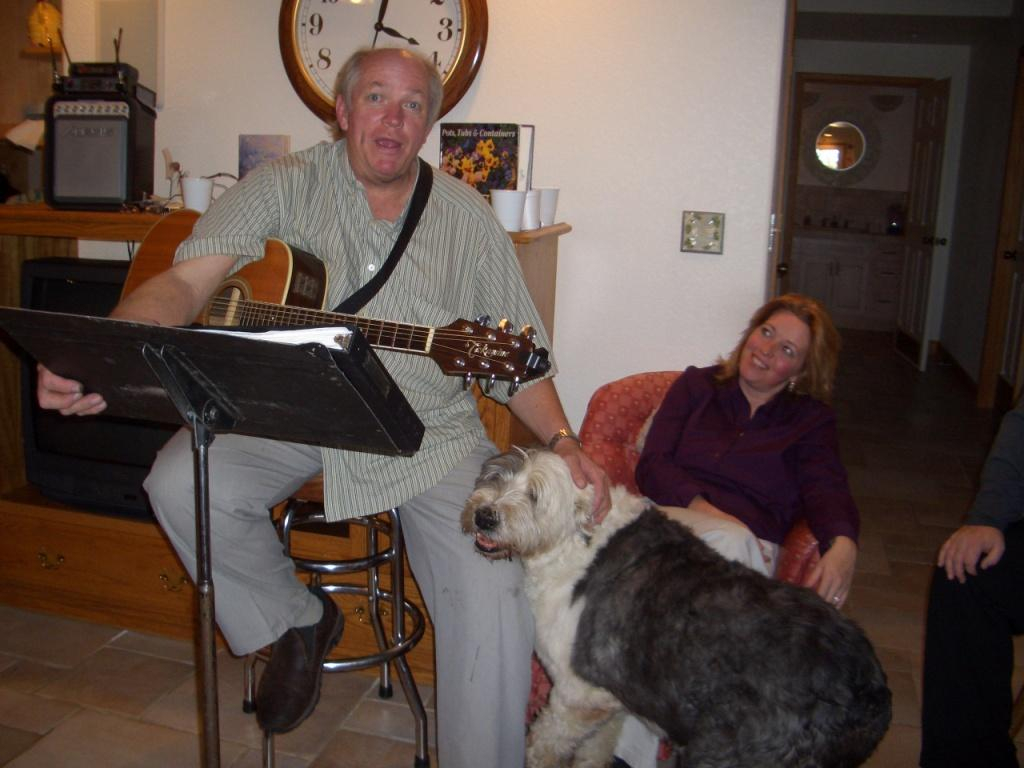
by Linda Melbardis | Nov 10, 2018 | Uncategorized
Older patients who have cognitive impairment, including dementia, have a higher risk for dental caries (progressive loss of bone or tooth, and tooth decay), periodontal disease, and oral infection because of their decreased ability to engage in home oral care. Mobility challenges also keep older patients from visiting their dentist. Older adults with systemic health conditions also are prone to gum disease and dental infections. That’s why this month (November), Country Home assisted living in Parker began to offer dental hygiene service to our residents, thanks to Senior Smiles, LLC, a Medicaid-covered service. Every three months, a Senior Smiles hygienist will visit our residents to tend to their dental needs. The dental health service provides first-rate dental hygiene services to adults residing in assisted living and group homes, independent living, and skilled nursing homes. Each visit provides a gentle dental cleaning and a checkup. And if needed, Senior Smiles has a dentist who will come on site to treat cavities and repair or make dentures. Olga Kogan, who founded Senior Smiles, LLC, in the Denver area, has been in the dental care provider business for 30 years, and has 17 years of experience as a dental hygienist. She and her team serve the Denver metro area as well as northern and southern Colorado. “Our hygienists truly love working with adults and seniors who have various health-related challenges,” Olga told me. “We treat our patients the way we would like to be treated.” She prefers to send the same hygienist to Country Home each time, “so they can get to know the patients individually.” For Olga, caring for patients with...

by Linda Melbardis | Oct 18, 2018 | Senior Assisted Living, Uncategorized
Calcium. Potassium. Sodium. Vitamin D. Vitamin B12. Dietary fiber. Sound boring? It doesn’t have to be. No matter our age, we all need the basics of a healthy diet. But older adults have dietary needs to mitigate the risks of deficiencies that come with age. At Country Home assisted living in Elbert County, my aim is to see that my residents are well nourished so they can feel their best and enjoy a good quality of life. A few basics about that list of nutrients: As we age, we’re more susceptible to bone loss, which can lead to fractures – a risk from falling. Calcium is vital to bone health. Vitamin D helps the body absorb calcium, so the two go hand in hand. Good sources of calcium aren’t just dairy products, though, so if you can’t or don’t want to eat dairy, opt for green vegetables such as broccoli, cabbage and okra. Nuts are also sources of calcium. Even fish such as sardines contain calcium, but they must include the bones—and you need to eat them. Potassium is a partner with sodium, in that it counterbalances some of sodium’s harmful effects (such as high blood pressure). Foods that contain potassium include fruits, vegetables and fish–such as bananas, sweet potatoes, winter squash, spinach, and tuna and cod, just to name a few foods. Also on the list are prune and orange juices, canned white beans, lima beans and yogurt. Among vitamins, vitamin B-12 is important for cell formation, cell metabolism, nerve function and bone health. A deficiency of vitamin B-12 can be associated with tingling or prickly feelings in...

by Linda Melbardis | Sep 12, 2018 | Uncategorized
“Music is what feelings sound like,” says music therapist Amy Wilson, quoting a sign posted in the home she shares with her musician husband. A board-certified music therapist, Amy explains how she works with residents of Country Home Assisted Living here in Elbert County. Amy has been providing weekly, hourlong music therapy sessions at Country Home for three years, bringing rhythm instruments such as maracas, drums and bells, recordings, and dance props such as scarves—all whose purpose is to engage our residents socially, emotionally, cognitively and physically. Music itself has “therapeutic” benefits for many populations in many settings, but music therapy as a medically based profession is the clinical and evidence-based use of music interventions to accomplish individualized goals by a professional who has completed an approved music therapy program. That’s what we provide at Country Home Assisted Living to improve the quality of life for our residents. “Individualized” is key. At Country Home Assisted Living, our music therapist pays close attention to the individual needs of our residents, watching for facial expressions or behaviors that indicate a reaction to the music—for example, whether it calls up happy or sad memories. We want to know what kinds of music they like, what music they don’t like, about music in their past. Is it big band, country western, classical? Because our setting accommodates a small number of residents (generally eight or fewer), Amy can address the needs of each person. Once she assesses the strengths and needs of our Country Home residents, Amy provides the indicated treatment, including creating, singing, moving to, and/or listening to music. The concept of music as...

by Linda Melbardis | Aug 7, 2018 | Uncategorized
We all need fluids to help ensure healthy organ and joint function and to prevent the complications of dehydration. For older adults, ample hydration is especially vital. As we age, our body’s fluid reserve becomes smaller, our ability to conserve water is reduced, and we are less apt to sense when we’re thirsty (which signals that we’re dehydrated). These health challenges are compounded by chronic illnesses such as diabetes and dementia, and by using certain medications. And older adults may have mobility challenges that limit their ability to get water for themselves. At Country Home Assisted Living in Elbert County, Colo. (Parker), we pay close attention to our residents’ individual hydration levels. Dehydration can lead to too-low blood pressure, a rapid heartbeat, and a reduced flow of oxygenated blood to vital organs and extremities. Signs of dehydration include extreme thirst, less frequent urination, dark-colored urine, fatigue, dizziness and confusion. That’s why it’s vitally important to stay hydrated. The only treatment for dehydration is to replace the fluids that have been lost. Water, of course, is usually the number one choice. But for some, water might seem “boring.” There are other options, but some might come with risks, depending on one’s health status. Here at Country Home Assisted Living, we ensure that our residents have options for staying hydrated safely: Low-fat milk—A good source of hydration in that it stays in the system longer than water. It also contains calcium, vitamins A & D, and protein. But it may not be the best option for people with high blood pressure or heart disease. Fruit juice—All-fruit...
by Linda Melbardis | Mar 19, 2018 | Uncategorized
Not all assisted living facilities are created equal – especially when it comes to getting help from Medicaid to pay for assisted living services. In fact, not every assisted living community accepts Medicaid. That’s just one reason why it’s so important to do your research when looking for an assisted living facility for your aging parents or elderly loved ones. At Country Home Assisted Living in Parker, Colorado, we accept Medicaid. Because we do this, we are licensed by the state and are subject to periodic inspections to make sure we meet federal standards. We gladly do this because we want to provide care for those members of the elderly Colorado population who may not have a lot of money to spend on fancy facilities. That doesn’t mean the care is subpar. In fact, the care your loved ones receive at Country Home Assisted Living may actually be better because we are small and very attentive to all of our residents. We have two caregivers for our eight residents, offering a one-to-four ratio. If you are reviewing your options to pay for assisted living services, I am a good one to consult. As the owner of Country Home for 20 years, I accept both Medicaid and private pay residents. In my years of experience, I have noticed that Medicaid may not be the best funding source for every family’s assisted living needs. As I mentioned, not every assisted living facility is willing to accept the Medicaid reimbursement rates. Also, many facilities that accept Medicaid have waiting lists, so a room might not be available when you need it. All...
by Linda Melbardis | Jan 9, 2018 | Uncategorized
Keeping up with all the different types of care available to our elderly loved ones can be a challenging prospect. This is especially true if the entire scenario is one that is new for you. Some people use the terms long term care and assisted living interchangeably, but this isn’t accurate. Assisting living has many similarities to long term care, but they are two very different things. What Is Assisted Living? When a loved one is residing at an assisted living home in Castle Rock, Colorado, they will have availability of staff who can help with certain services. This might include supervising and managing medication or offering certain personal care services by skilled professionals. These facilities are built for those who need a moderate amount of care. There will be meals, transportation, and activities that the residents can partake in. This type of environment is the right choice for an older loved one who needs some assistance, but prefers to live mainly independently. What Is Long Term Care? Someone who needs full-time care and monitoring is a long term care patient. These facilities are often referred to as nursing homes and are staffed by medical professionals like social workers, nurses, aides, and dieticians. The staff at long term care facilities can provide clinical care and some specialty medical care, as well. Many patients who move into long term care will remain there until their death. Most nursing homes offer both long term care and skilled nursing, which allows them to admit patients who need specialized care. Choosing the Right Facility When choosing the right facility for a loved one...





